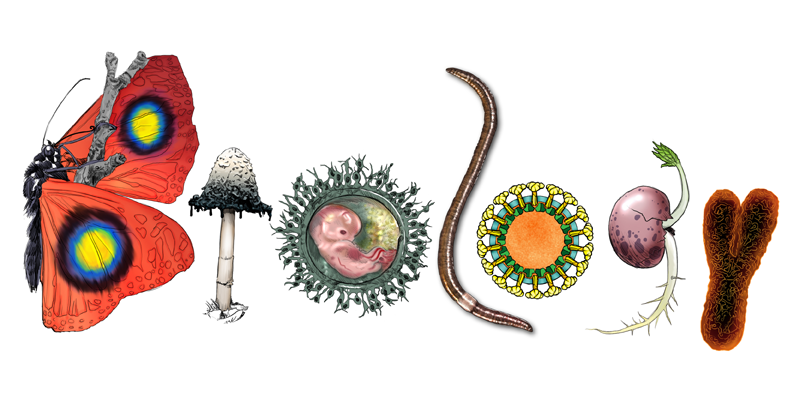
Cell biologists seek to understand how cells work by examining the machinery inside of them, investigating how they communicate and determining how they form larger structures.Ĭell biology can be divided into many subtopics, including the study of cell metabolism, cell communication, cell cycle, and cell composition.

Focusing on the cell permits a detailed understanding of the tissues, organs, organ systems, and organisms that cells compose. All living things, including humans, animals, and plants, are made of cells. These questions are difficult to answer and sometimes, as in the case of the brain, difficult to formulate as well! Part of the training of a physiologist is to learn to think, argue and to see problems on a wider scale, without losing sight of the whole organism.Cell biology is the study of cell structure and function, and it revolves around the concept that the cell is the fundamental unit of life. But, as Research Councils are keen to emphasize, the largest gaps in our knowledge are often how the molecules translate into the function - and malfunction - of the organism as a whole. Physiology is no exception, and the temptations to concentrate on molecular aspects of the subject - areas where new information is easier to come by, and where conceptual problems are less obvious - have never been stronger. In science at the moment, there is a tendency to look downwards rather than upwards, at molecular mechanisms in preference to the often less tractable problems posed by systems as a whole. In its applied aspects, physiology deals with the function and malfunction of parts of the human body with reference to health and disease (areas relating to medicine), how to improve crop yield (areas relating to plant sciences) as well as the practical problems of animal, plant and microbial performance and their responses to challenging conditions (areas relating to ecology). Neuroscience is a branch of physiology, and this very important subdiscipline is covered within the Physiology of Organisms course. Physiology therefore has something to say about every aspect of life: our integrated approach makes physiologists invaluable contributors in studies ranging from genetics to psychology. heart, lungs, kidneys) right up to the whole-organism level, where physiologists tackle questions about hormonal influences on behaviour and the function of the brain. It covers life from the single cell, where it overlaps with biochemistry and molecular biology, through questions about how individual organs work (e.g. Physiology is the branch of biology relating to the function of organs and organ systems, and how they work within the body to respond to challenges.


 0 kommentar(er)
0 kommentar(er)
